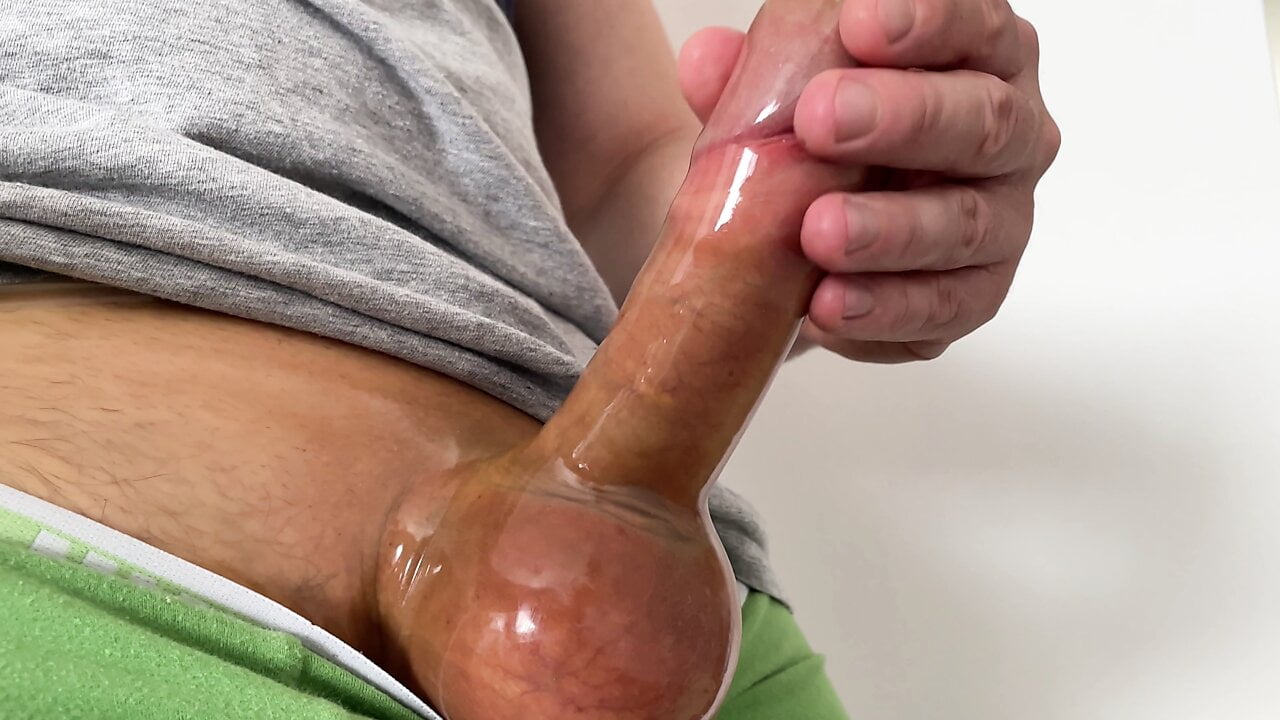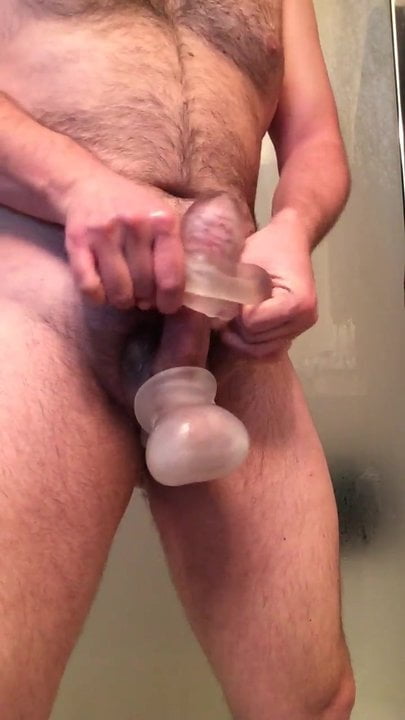- 가장 최신 비디오
- 최고의 비디오
- 탑 크리에이터
- Top Creator Videos
- xHamster Awards 2024
- 카테고리
- 데이팅
- VR 포르노
- 사진
- 똑바로
- 게이
- 트랜스 젠더
- Bahasa Indonesia
- Bahasa Melayu
- Čeština
- Deutsch
- English
- Español
- Français
- Italiano
- Magyar Nyelv
- Nederlands
- Polski
- Português
- Português (BR)
- Română
- Srpski
- Svenska
- Tiếng Việt
- Türkçe
- Ελληνικά
- Русский
- Українська
- עברית
- اللغة العربية
- हिन्दी
- Hindustani
- ภาษาไทย
- 한국어
- 中文
- 日本語











In modern society, the concept of eunuchs may evoke historical or cultural associations. However, there is a growing phenomenon of men choosing voluntary castration in contemporary times. This article aims to explore and characterize these individuals, shedding light on their motivations, experiences, and the broader societal context surrounding their decisions.
Defining Voluntary Castration:
Voluntary castration, in this context, refers to the intentional removal or suppression of male sexual organs or functions through surgical or chemical means. It is crucial to recognize that the motivations behind this decision can vary greatly among individuals and are highly personal. Understanding these motivations is key to gaining insight into the experiences of men who identify as voluntary eunuchs.
Motivations and Rationale:
The motivations behind voluntary castration are multifaceted. Some men may choose this path as a means of transcending sexual desire, seeking a higher spiritual or emotional connection within themselves or with others. Others may view castration as a way to break free from societal norms and expectations, reclaiming control over their bodies and defining their own path to personal fulfillment. It is essential to approach these motivations with empathy and open-mindedness, recognizing that individual experiences can greatly influence this decision.
Experiences and Challenges:
Men who have chosen voluntary castration face unique experiences and challenges. These may include emotional and psychological adjustments, as well as physical changes resulting from hormonal imbalances. Support from medical professionals, mental health experts, and support networks plays a crucial role in addressing these challenges and ensuring the well-being of those who have undergone castration.
Societal Perspectives and Acceptance:
Contemporary society's understanding and acceptance of voluntary eunuchs vary greatly. While some may be accepting and supportive, others may struggle to comprehend or relate to this choice. It is important for society to foster a climate of respect, understanding, and acceptance for diverse pathways to personal fulfillment and well-being. Educating the public and promoting open dialogue can help challenge preconceptions and reduce stigmatization surrounding voluntary castration.
Medical Considerations and Informed Decision-Making:
It is crucial to emphasize that the decision to undergo voluntary castration should always be made in consultation with medical professionals. They can provide accurate information about the potential risks, side effects, and long-term implications. Informed decision-making requires a thorough understanding of the medical procedures involved, as well as the necessary support and monitoring required post-castration.
Conclusion:
The emergence of men choosing voluntary